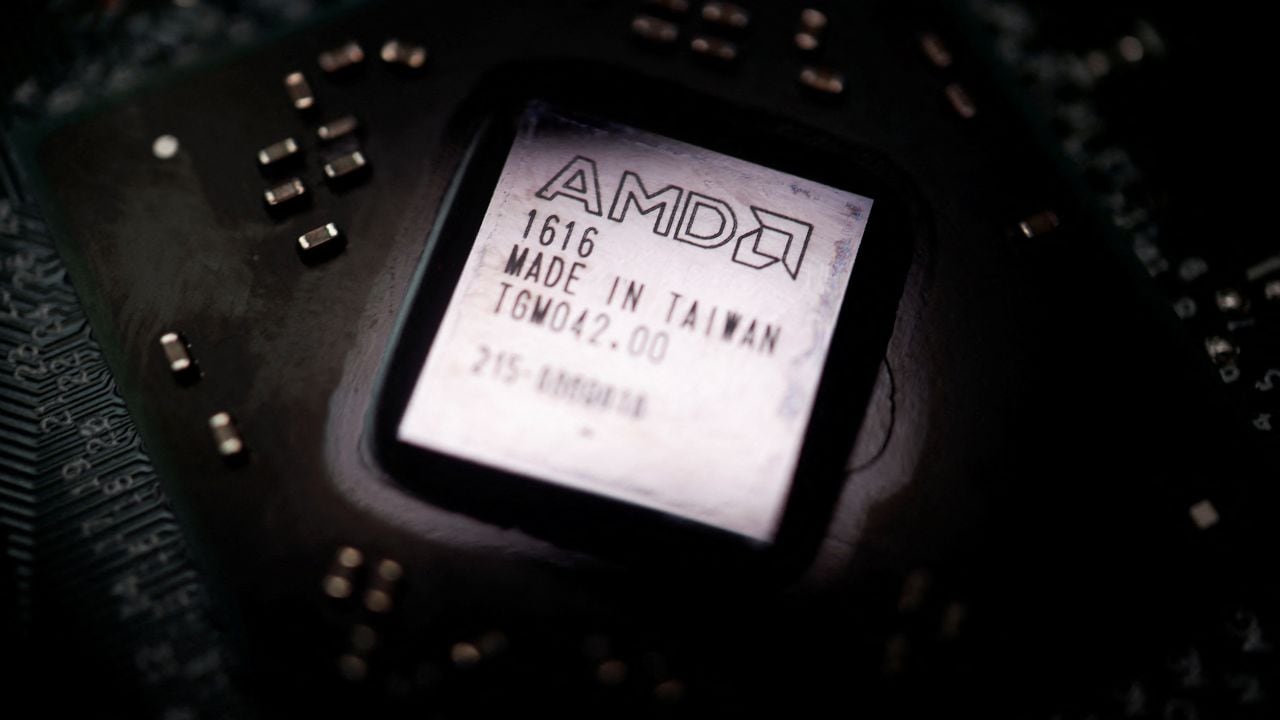
With India emerging as a global powerhouse in the semiconductor and technology space, chipmaking giant AMD has made substantial investments and placed strategic bets on the region to foster innovation, talent, and infrastructure for years to come. Speaking to CNBC-TV18, Lisa Su, the CEO of AMD, said India is more than just a market for AMD; it is considered an essential development hub, with the company’s largest research and development (R&D) facility located in Bengaluru. Home to over 8,000 employees, the Bengaluru design centre has grown to become AMD's largest outside the United States.
Over the years, the Indian R&D centre has become integral to the company’s end-to-end design capabilities, encompassing hardware, software, and systems development. “India is such an important part of AMD, when we look across all of our global portfolio, every aspect of our product line goes through our design centre here in India,” Su said. This global expansion is part of AMD’s vision to tap into India's immense talent pool and make it a central component of its operations.

The company has also committed $400 million in investments through 2028. The ongoing investment in India is aimed at building a comprehensive semiconductor ecosystem—a vital component of the company’s long-term strategy. The company’s commitment to India also aligns with the country’s broader ambitions to become a global leader in semiconductor manufacturing and AI technology.
She expressed admiration for Prime Minister Modi’s "strong, pragmatic vision" for the semiconductor industry, which includes a focus on both Make in India manufacturing and technological advancements in areas like artificial intelligence. "Building semiconductor ecosystems takes time," Su noted. While the country is still in the early stages of this transformation, she is optimistic about the future, citing the concrete steps taken by India to attract global companies and build the necessary local infrastructure.
These efforts, she believes, will lay the foundation for a thriving semiconductor and tech ecosystem in India. Watch the accompanying video for the full conversation..













